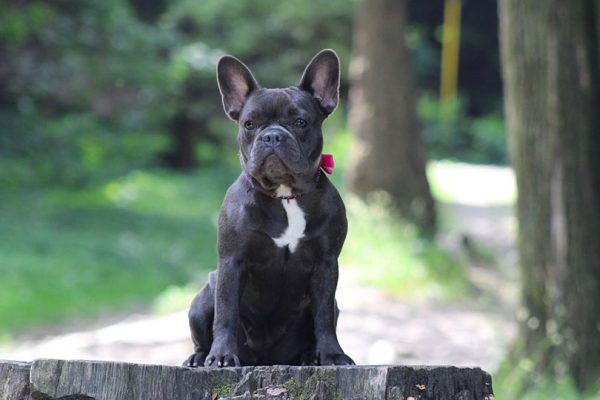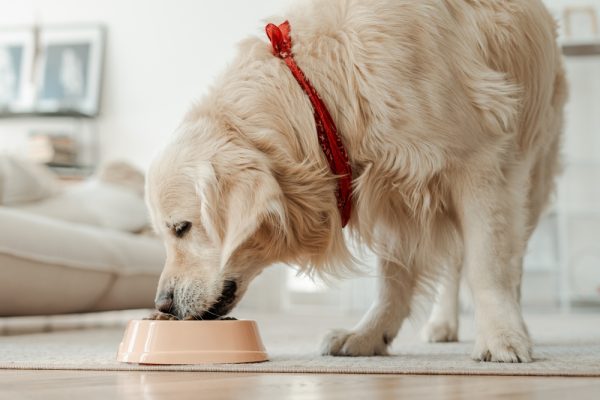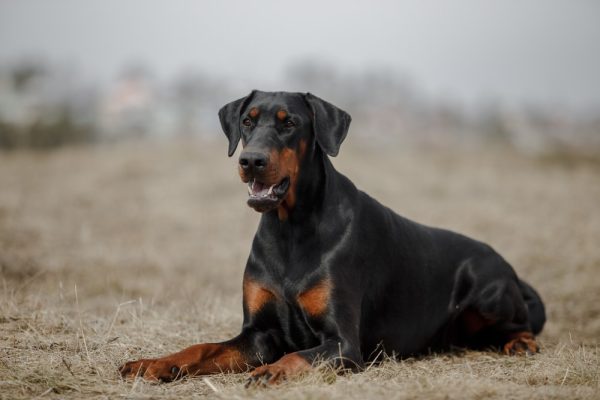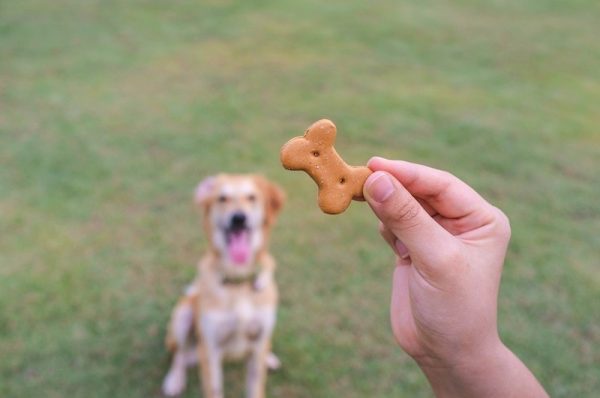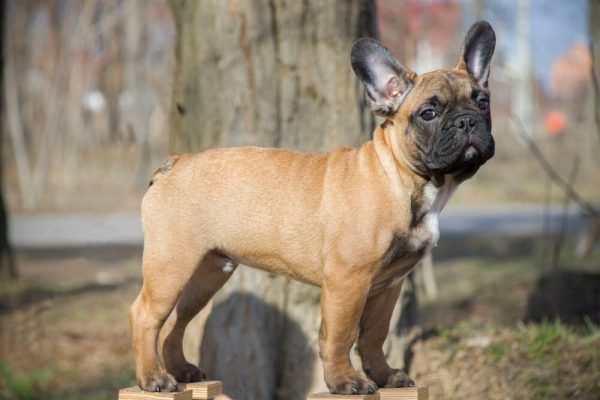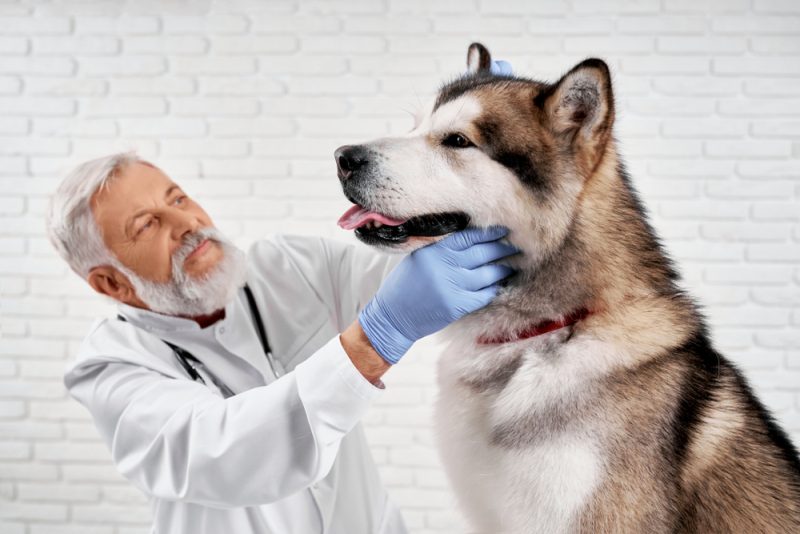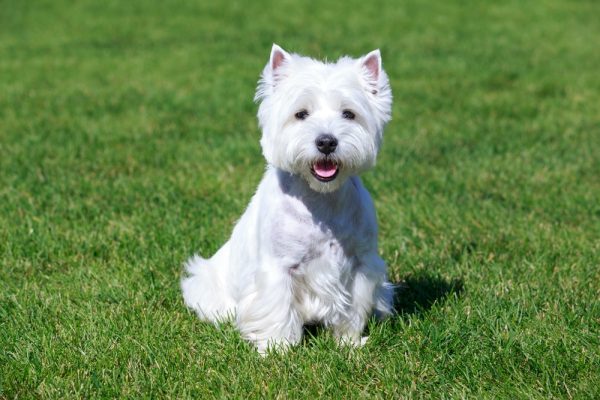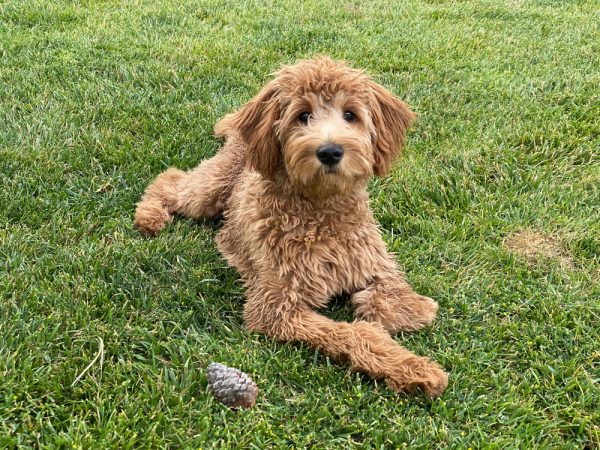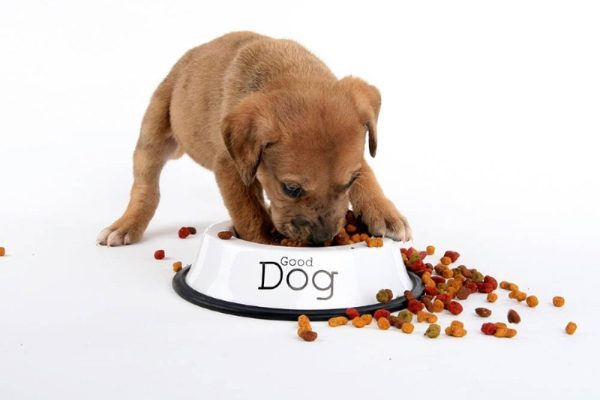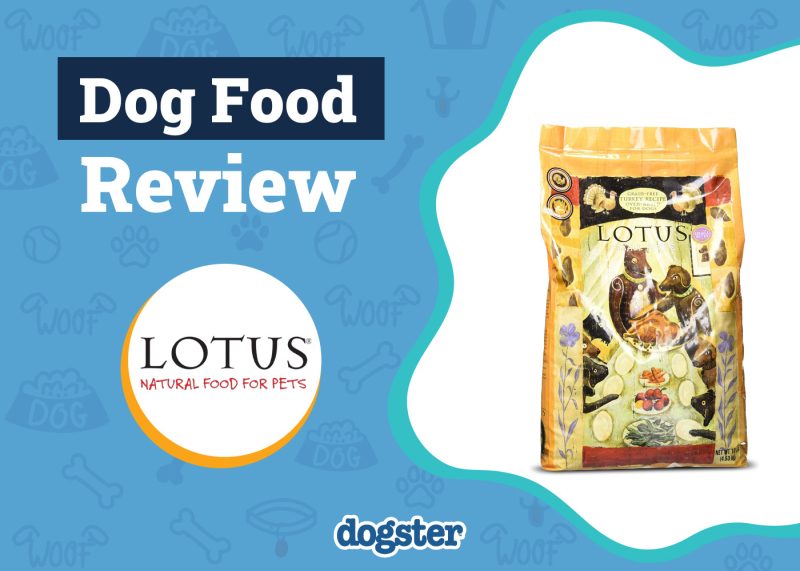There are many science-backed reasons to have gardens and indoor houseplants, but if you share your home with a dog, growing plants comes with some risks. Dogs are notorious for getting their curious little noses into everything, and while some of the stuff your pup comes across is just gross, other items can be dangerous or even deadly. There are many poisonous plants and flowers that could cause serious harm to your pup if you’re not careful.
Read on to learn about 19 of the most common toxic plants you should think twice about growing if you have dogs.

How Are Toxic Plants Classified?
There are countless toxic components present in plants, some more serious than others. We go into more detail about each of the poisonous substances in the plants below. Still, it is important to educate yourself on these components, especially if you plan on having a garden in your yard or houseplants in your home.
Some of the most common toxic components in plants include:
- Saponins
- Insoluble calcium oxalates
- Cardiac glycosides

The 19 Toxic Plants for Dogs
1. Aloe Vera

| Scientific Name: | Aloe vera |
| Family: | Liliaceae |
| Toxic Components: | Anthraquinone glycosides |
Aloe is a hardy and easy-to-care-for plant, making it extremely popular amongst green and brown thumbs alike. However, it contains anthraquinone glycosides, a purgative that encourages bowel movements. When a dog eats aloe, the glycosides are metabolized by the intestinal bacteria, increasing mucus production and water in the colon. This can result in gastrointestinal issues such as vomiting and diarrhea. You may also notice signs such as anorexia, urine color changes, and depression.
2. Autumn Crocus
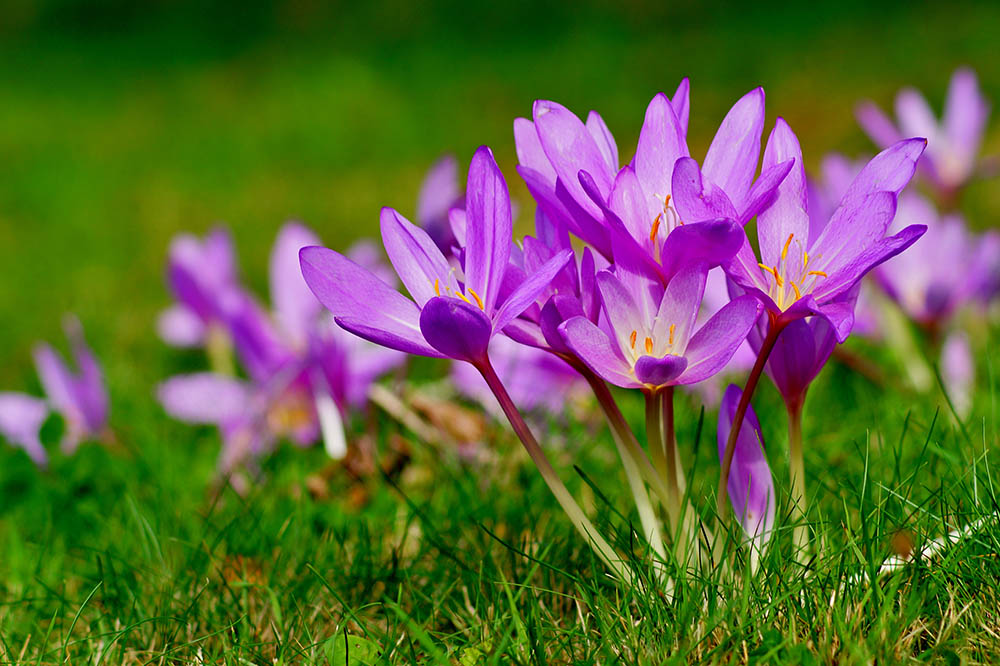
| Scientific Name: | Colchicum autumnale |
| Family: | Liliaceae |
| Toxic Components: | Colchicine |
These beautiful fall-blooming flowers contain a toxic alkaloid known as colchicine. All parts of the flower are highly poisonous. Ingestion can cause gastrointestinal signs such as drooling, vomiting, gastrointestinal bleeding, and bloody diarrhea. It can also cause respiratory failure, seizures, and even death. Signs can sometimes occur immediately after ingestion or may be delayed for several days.
3. Tulips

| Scientific Name: | Tulipa |
| Family: | Liliaceae |
| Toxic Components: | Tulipalin A and B |
Tulips may be a gorgeous flower that signifies the coming of spring, but they’re highly toxic to dogs if ingested. The highest concentration of the toxin is present in the bulb, though any of the plant is considered harmful. Ingestion can irritate the tissues in the mouth and esophagus and cause signs like drooling, vomiting, and diarrhea. Dogs may experience more severe side effects if they’ve eaten a large amount, including heart rate increase, difficulty breathing, and changes in respiration.
4. Golden Pothos
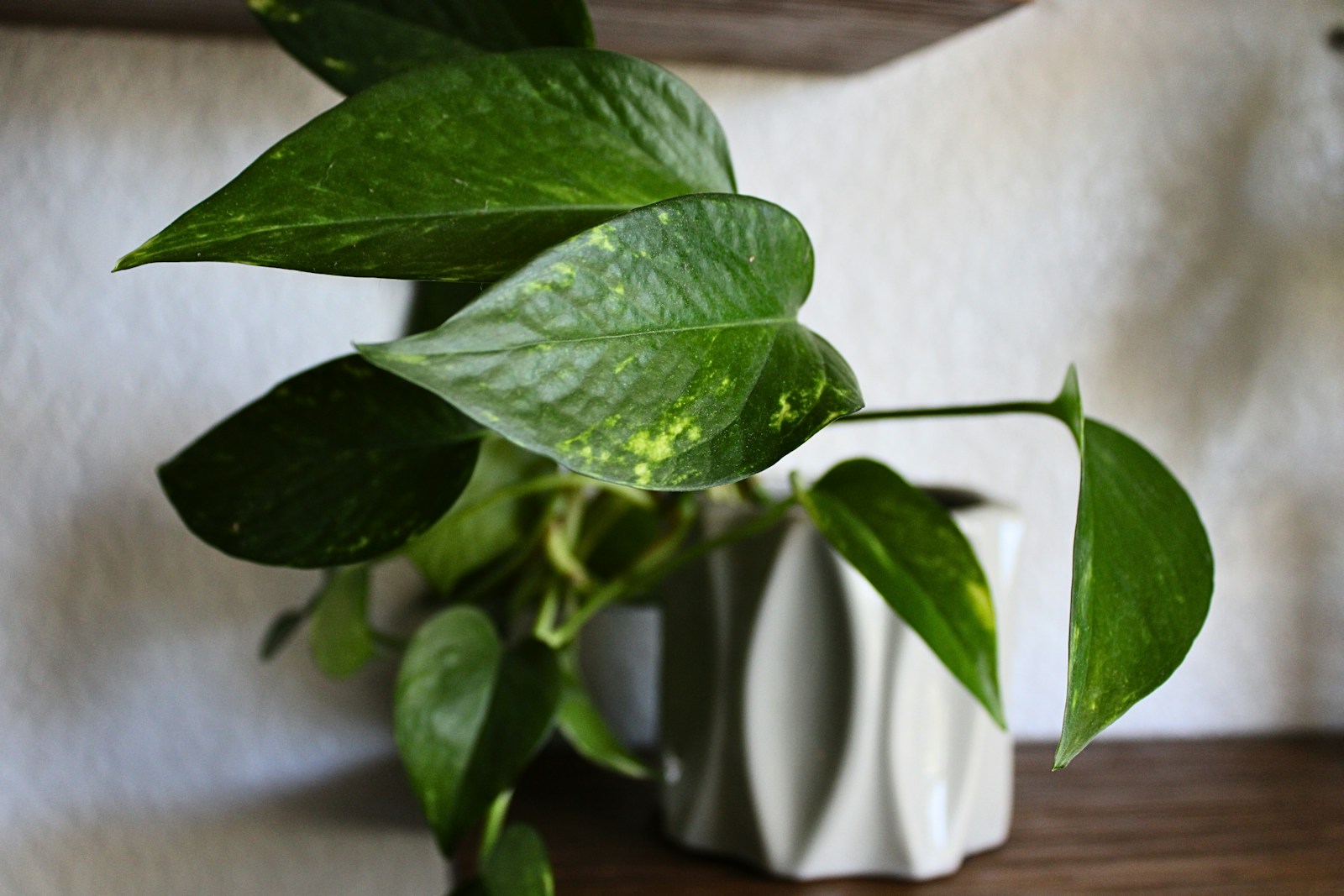
| Scientific Name: | Epipremnum aureum |
| Family: | Araceae |
| Toxic Components: | Insoluble calcium oxalates |
Known as devil’s ivy, golden pothos contain insoluble calcium oxalate crystals like many other plants belonging to the Araceae family. Dogs that chew or bite into the plant may release the crystals, resulting in tissue penetration, intense burning, and mouth irritation. In rare cases, upper airway swelling may occur, causing difficulty breathing.
5. Philodendrons
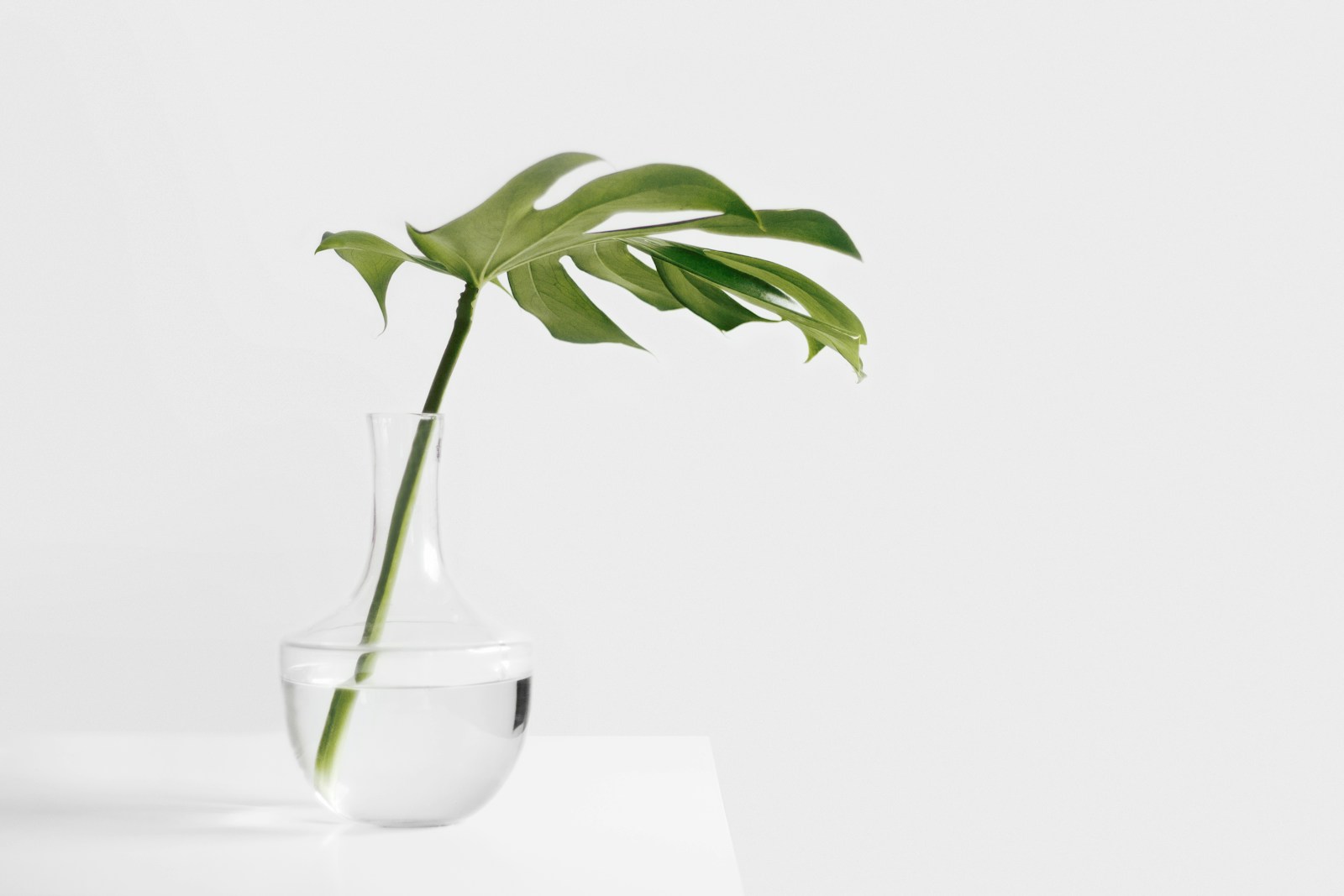
| Scientific Name: | Philodendron |
| Family: | Araceae |
| Toxic Components: | Insoluble calcium oxalates |
Many philodendron species exist, and they all contain the insoluble calcium oxalates seen in the Araceae family. Chewing or biting the plant can release crystals that will cause signs such as oral pain, vomiting, decreased appetite, and drooling.
6. Milkweed
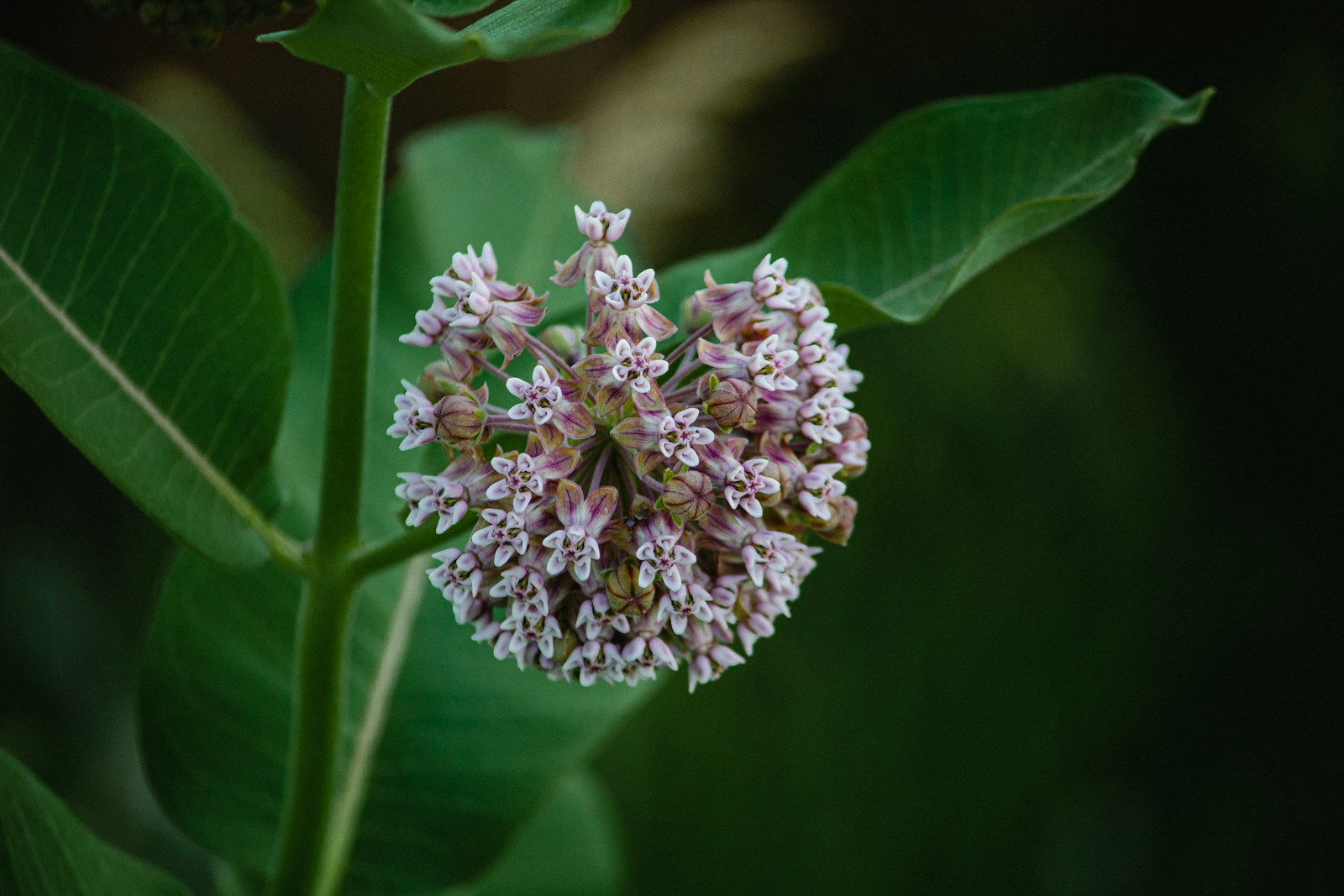
| Scientific Name: | Asclepias |
| Family: | Asclepiadaceae |
| Toxic Components: | Cardiotoxins and neurotoxins |
Milkweed is a pretty plant genus that acts as a beacon for butterflies, but it is highly toxic for dogs. Depending on the species, the plant can contain cardiotoxins, which can affect your dog’s heart, or neurotoxins, which can impact nerve system and organ function. Milkweed ingestion can cause vomiting, depression, anorexia, and diarrhea. If prompt treatment is not sought, the signs may progress into difficulty breathing, abnormal heart rhythm, seizures, respiratory paralysis, or even death.
7. Sago Palm
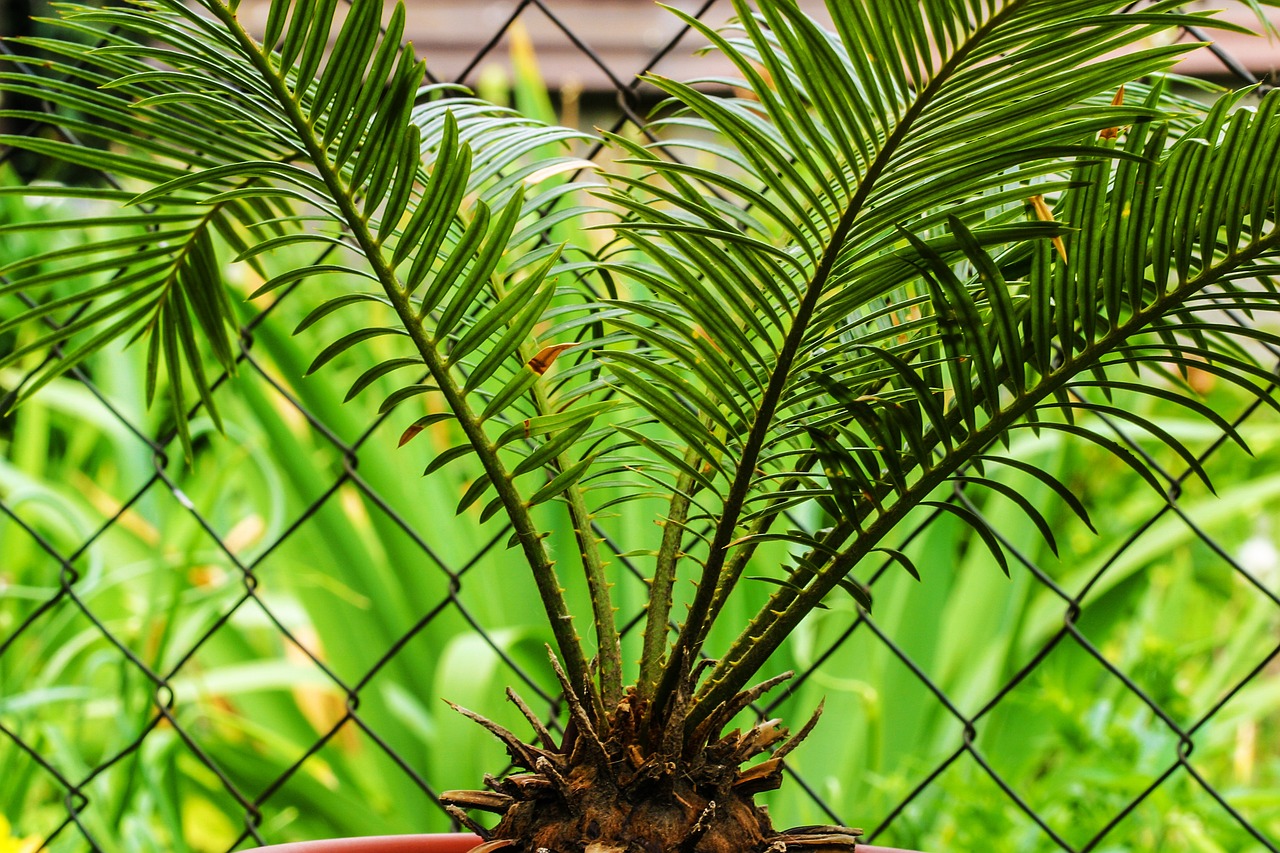
| Scientific Name: | Cycas revoluta, Cycad spp., Zamia spp., Macrozamia spp. |
| Family: | Cycadaceae |
| Toxic Components: | Cycasin |
Though sago palms are a tree typically found in tropical environments, they can also be used as ornamental houseplants. These plants contain a toxic agent known as cycasin and are highly toxic for dogs. While the bark and leaves can cause harm, the seeds or ‘nuts’ contain the most toxins. If ingested, gastrointestinal signs (vomiting, diarrhea) may occur within 15 minutes. Within four hours of ingestion, central nervous system signs (seizures, tremors) may occur. Liver failure can be seen a few days afterward. Even with prompt and aggressive treatment, the survival rate is just 50%.
8. Foxglove
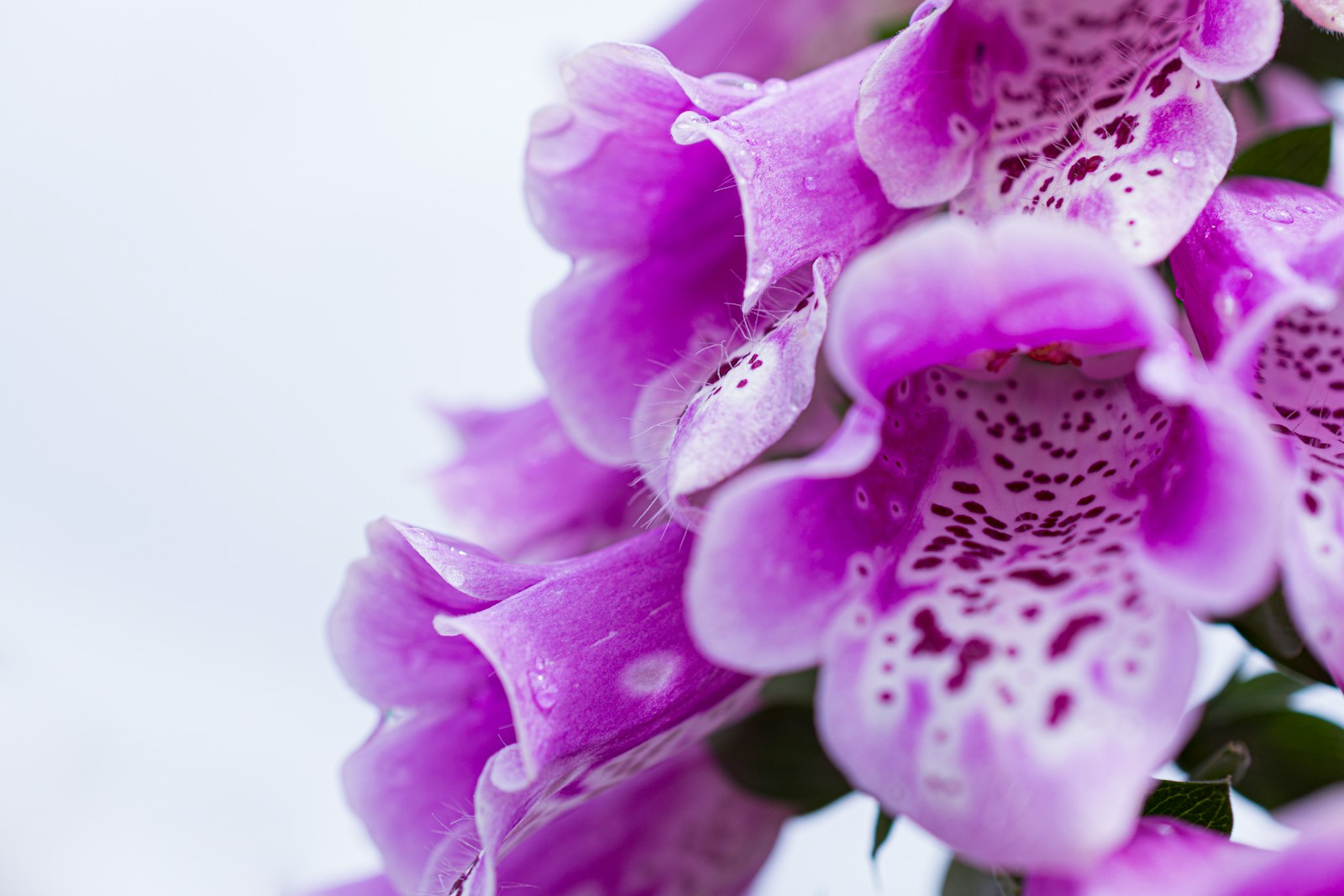
| Scientific Name: | Digitalis purpurea |
| Family: | Scrophulariaceae |
| Toxic Components: | Cardiac glycosides |
Though foxgloves may be a honeybee’s best friend, they’re highly toxic for dogs and people. They contain naturally occurring poisons that can affect your pup’s heart as they interfere with the delicate electrolyte balance in the heart muscle. All parts of the plant, even the water in the vase they’re contained in, are considered toxic. Clinical signs include abnormal heart rate, nausea, drooling, dilated pupils, and seizures.
9. Lily of the Valley
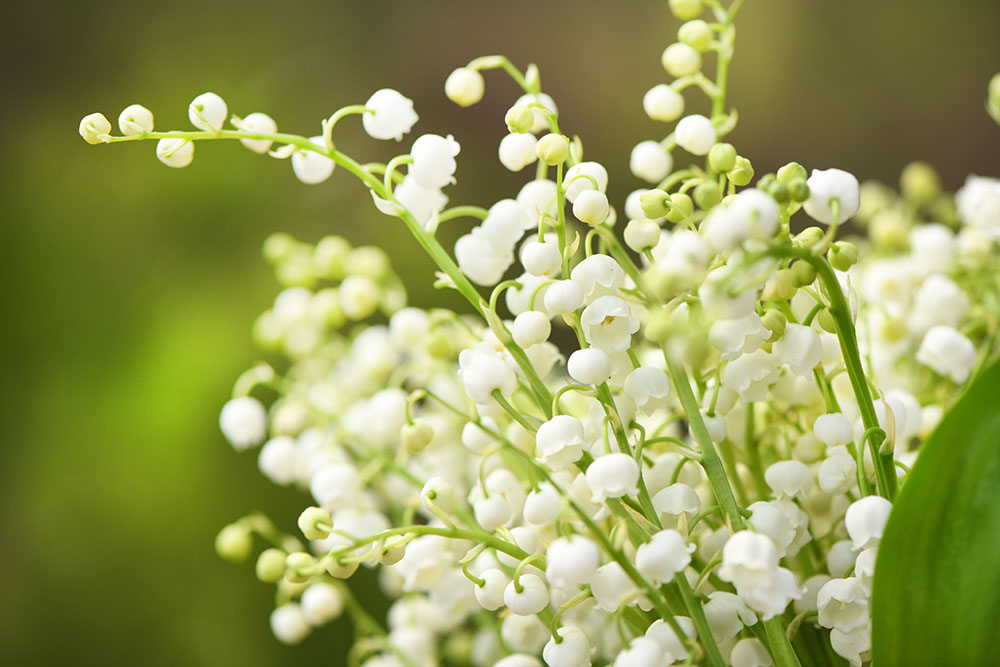
| Scientific Name: | Convallaria majalis |
| Family: | Asparagaceae |
| Toxic Components: | Cardiac glycosides |
Lily of the Valley contains compounds similar to the foxglove and may result in signs identical to those seen in cases of foxglove ingestion. Dogs that eat this plant may experience vomiting, irregular heartbeat, low blood pressure, coma, or seizures. Even a small exposure to any part of the plant can cause heart issues in dogs.
10. Jerusalem Cherry
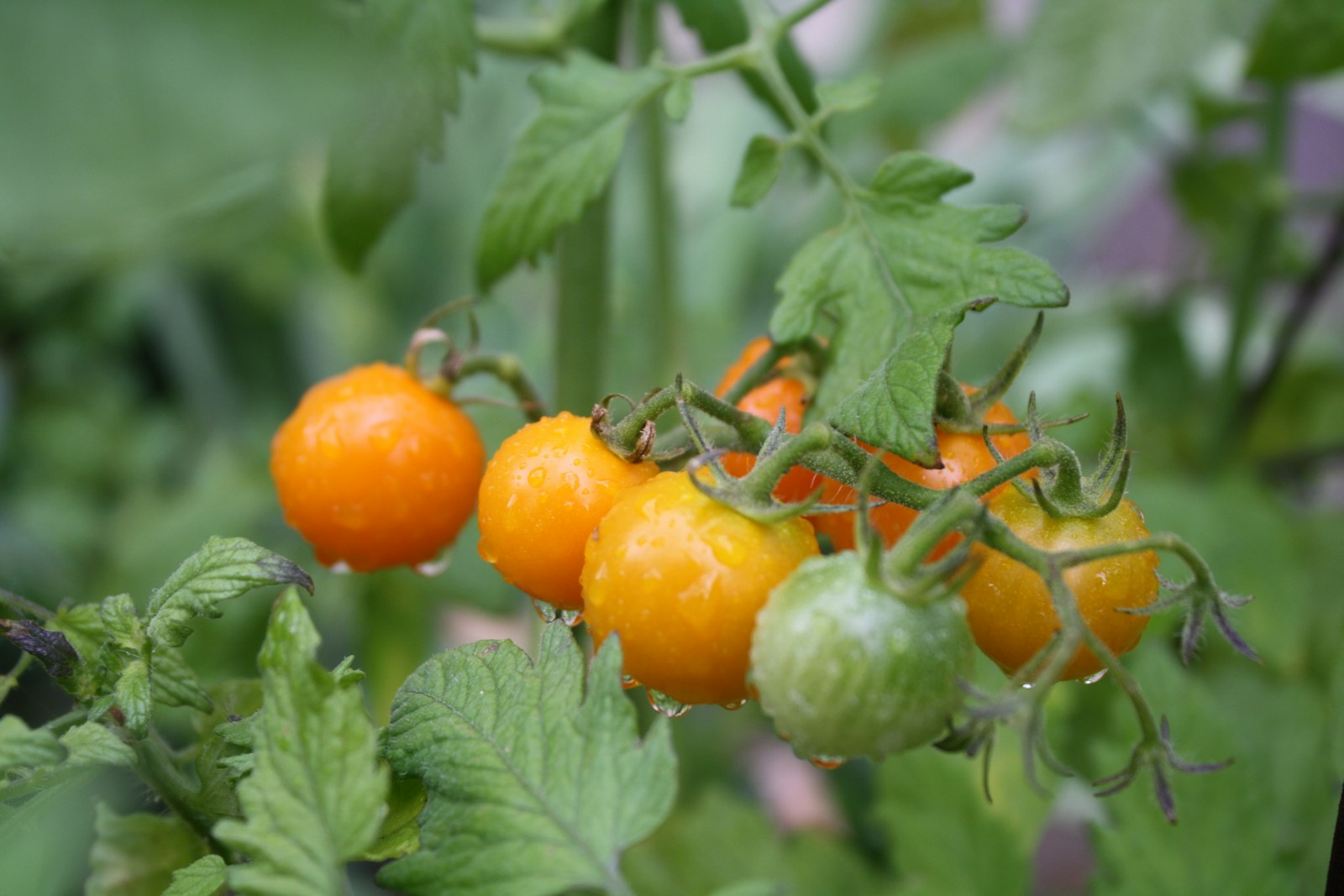
| Scientific Name: | Solanum pseudocapsicum |
| Family: | Solanaceae |
| Toxic Components: | Solanine |
The Jerusalem cherry is a pretty fruit-bearing plant, but all parts of it contain the toxic component solanine. It can cause gastrointestinal disturbances, such as vomiting and drooling, and even ulceration of the gastrointestinal system. Ingestion may also produce central nervous system signs like seizures or depression.
11. Snake Plant
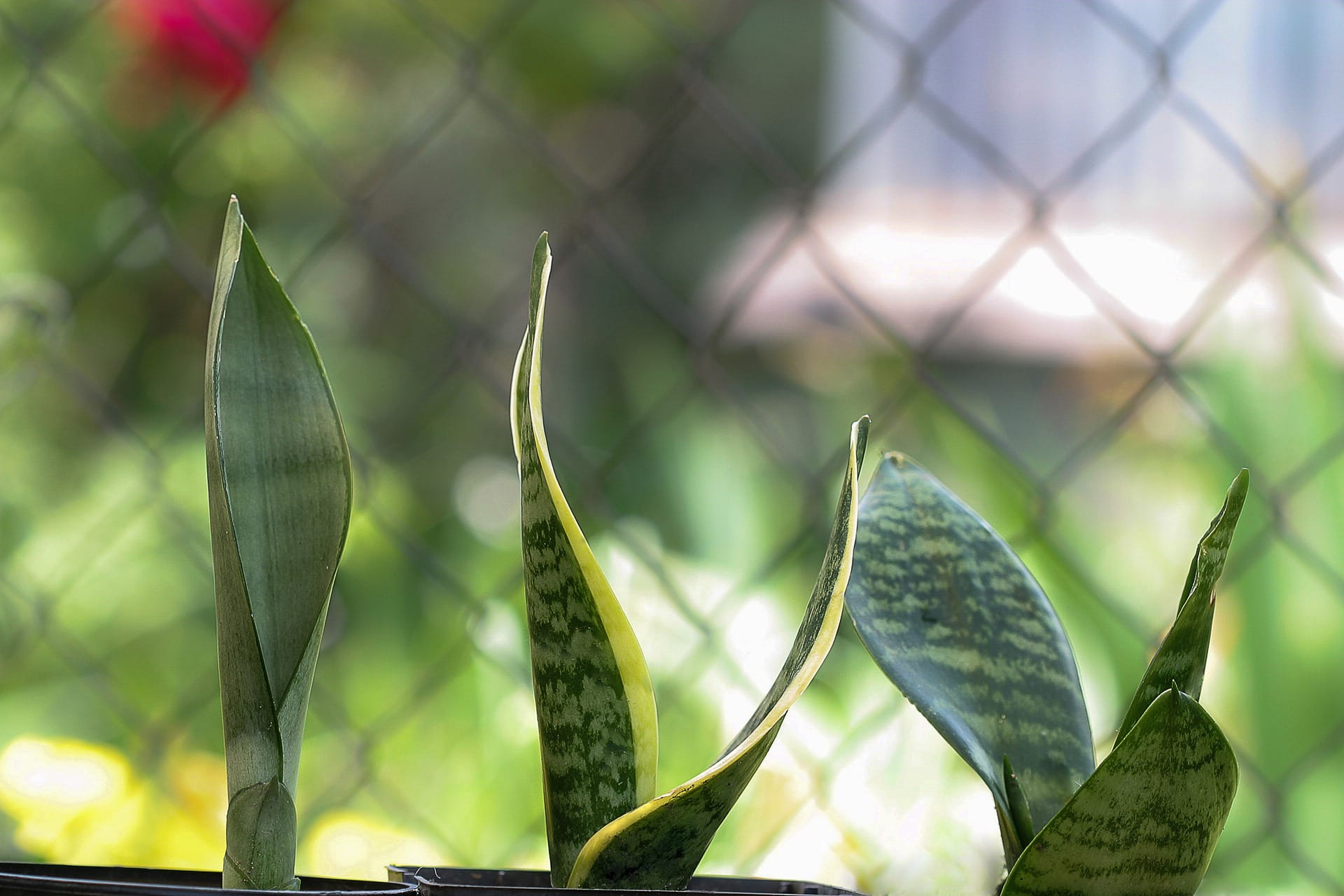
| Scientific Name: | Sansevieria trifasciata |
| Family: | Agavaceae |
| Toxic Components: | Saponins |
Snake plants are extremely popular household and office plants thanks to their hardiness and will to survive. These striking plants, however, can cause gastrointestinal signs like nausea, vomiting, and diarrhea if ingested.
12. Morning Glory
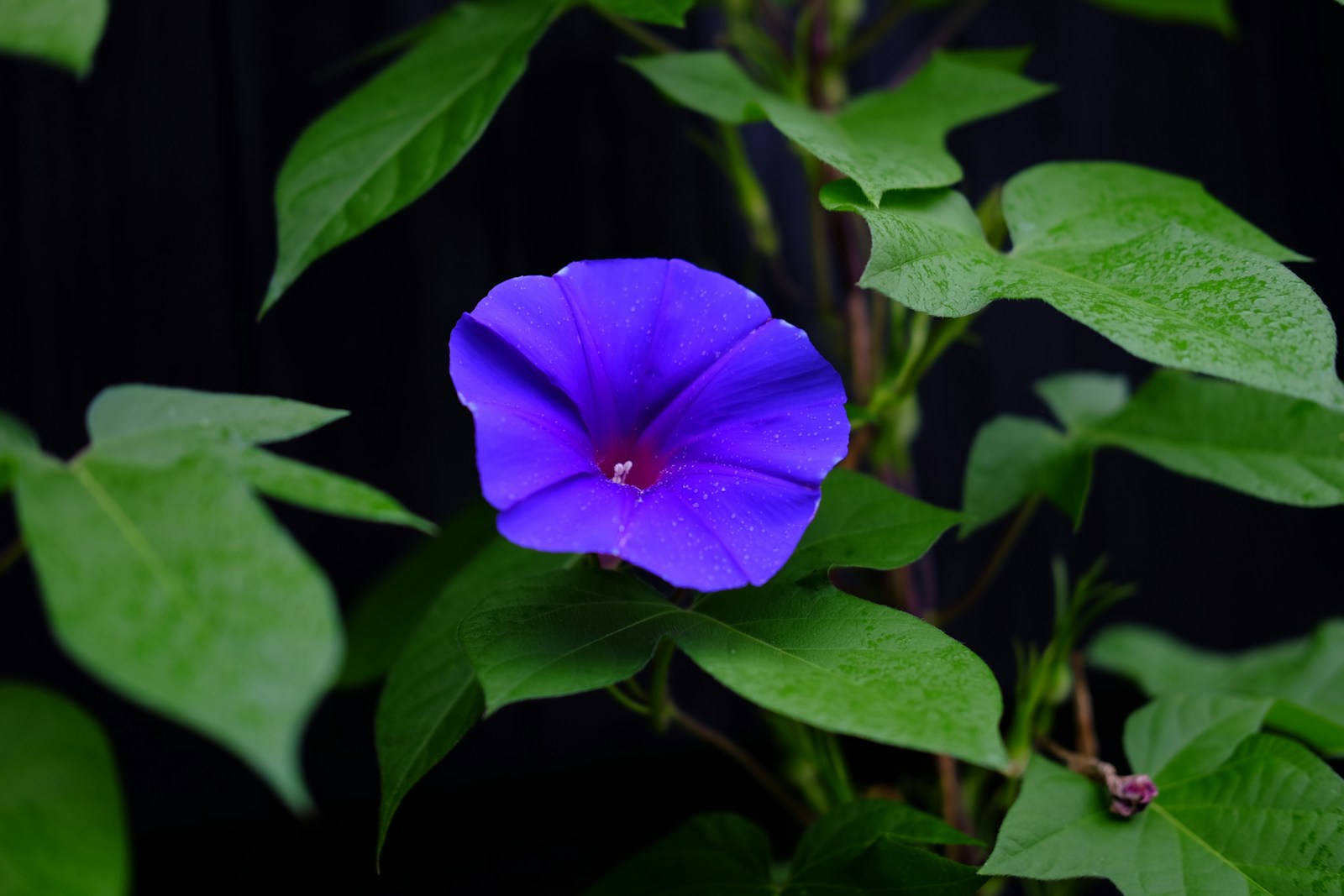
| Scientific Name: | Ipomoea |
| Family: | Convolvulaceae |
| Toxic Components: | Lysergic alkaloids |
Morning glories are beautiful climbing vines, and while not all species are toxic for dogs, some can cause severe signs when the seeds are eaten in excess. The seeds in some species of morning glory contain lysergic alkaloids, which can cause signs such as incoordination and agitation. Eating the plant parts can also lead to vomiting and diarrhea.
13. Marijuana
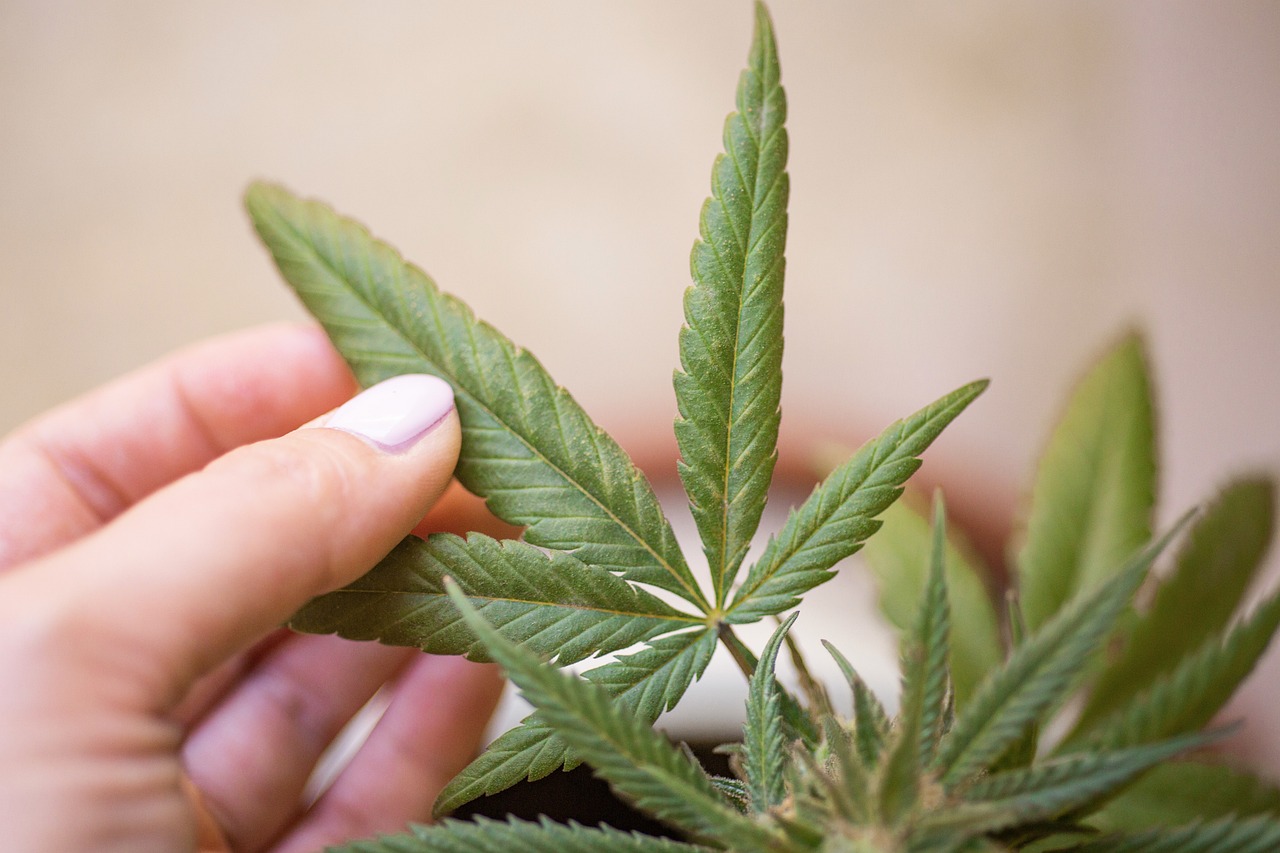
| Scientific Name: | Cannabis sativa |
| Family: | Cannabaceae |
| Toxic Components: | Delta-9-THC |
Though marijuana may be legal to buy and grow in some places, it can cause adverse reactions in dogs who eat it. In small quantities, the plant can cause sensitivity, agitation, urinary incontinence, trembling, incoordination, and lethargy, while larger doses may result in more serious signs such as respiratory depression and potentially coma. How your dog ingests marijuana can also impact the signs they experience. For example, if they eat your chocolate edibles, they not only be exposed to toxins from marijuana but chocolate as well.
14. Kalanchoe
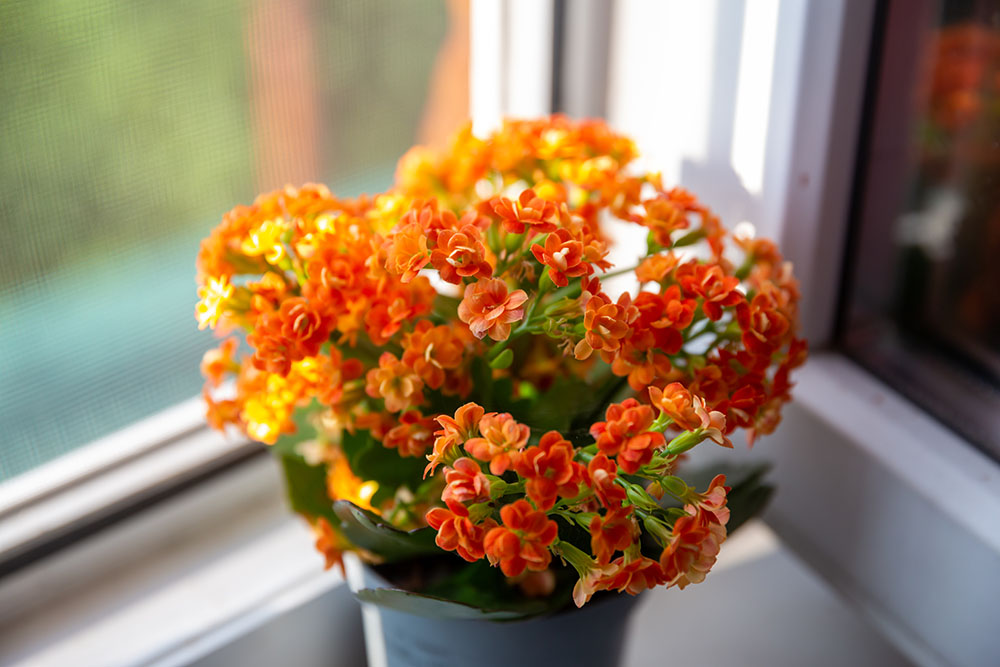
| Scientific Name: | Kalanchoe |
| Family: | Crassulaceae |
| Toxic Components: | Cardiac glycosides |
The kalanchoe is a beautiful houseplant with hundreds of tiny, colorful flowers, but they contain cardiac glycosides known as bufadienolides. Thankfully, they are classified as mildly toxic and ingestion usually only results in mild gastrointestinal signs. An abnormal heart rhythm, weakness, and collapse have been noted with larger amounts ingested, in rarer cases.
15. Poison Hemlock
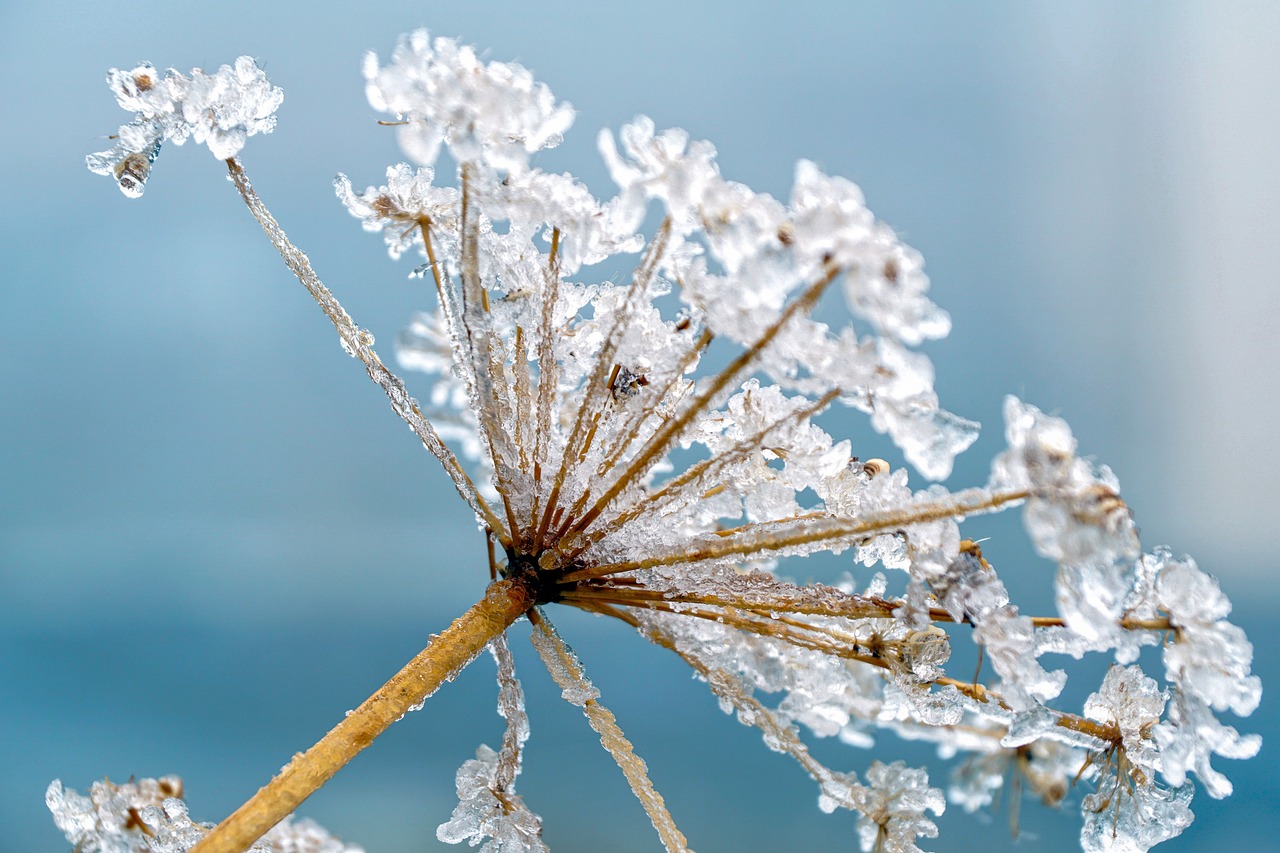
| Scientific Name: | Conium maculatum |
| Family: | Umbelliferae |
| Toxic Components: | Various alkaloids |
With a name like poison hemlock, it shouldn’t be a surprise that this weed is dangerous for pets. This plant looks almost identical to the Queen Anne’s lace plant, but it contains numerous alkaloids that can be toxic to dogs if eaten in large quantities. Signs of ingestion include agitation, tremors, drooling, diarrhea, paralysis, and potentially even death.
16. Castor Bean Plant
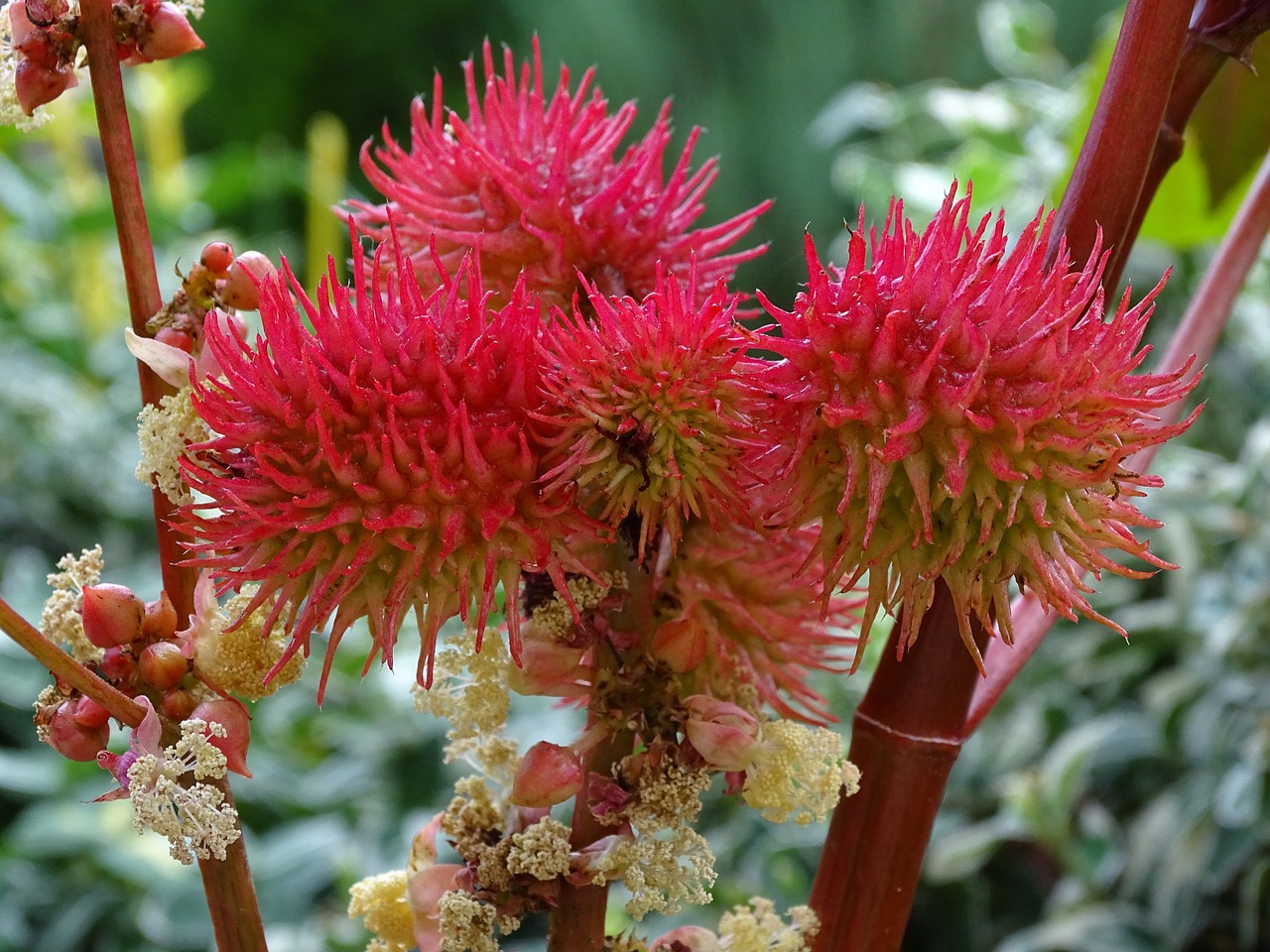
| Scientific Name: | Ricinus communis |
| Family: | Euphorbiaceae |
| Toxic Components: | Ricin |
The castor bean plant is a dangerous ornamental plant that can result in severe poisoning. Ricin, the toxic component, inhibits protein synthesis and can cause inappetence, abdominal pain, vomiting, bloody diarrhea, trembling, and collapse when ingested, usually within 12-48 hours. This plant has an extremely narrow margin of safety, with only a small amount needing to be eaten to cause severe poisoning or even death.
17. Azalea/Rhododendron
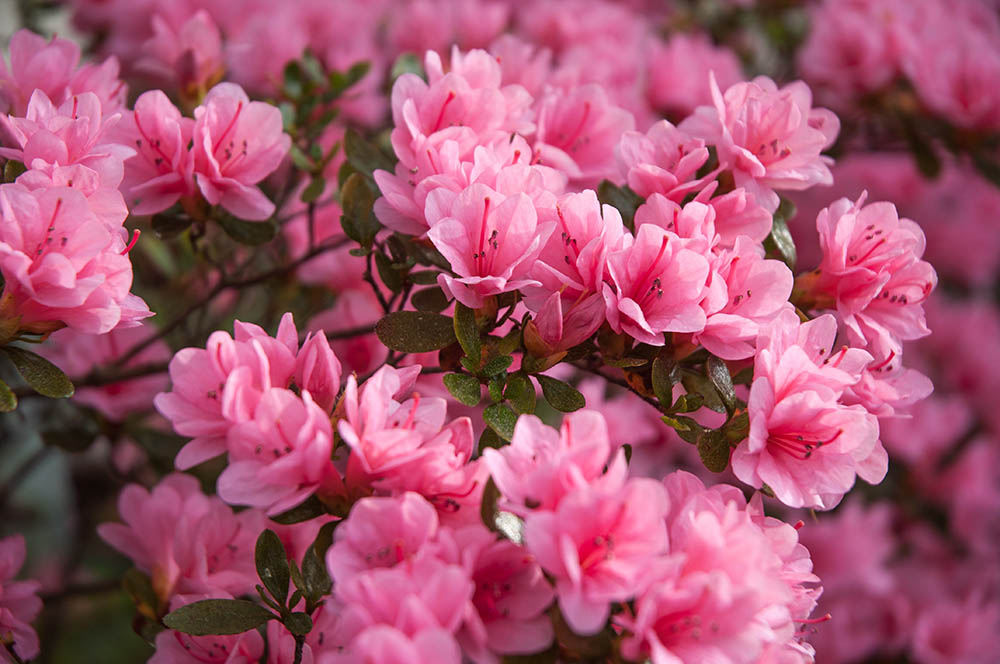
| Scientific Name: | Rhododendronspp |
| Family: | Ericaceae |
| Toxic Components: | Grayanotoxin |
There are over 1,000 species of azaleas/rhododendrons. These common flowering shrubs contain grayanotoxin, which is known to disrupt the sodium channels, impacting the skeletal and cardiac muscle. Though all parts of the plant contain the toxic compound, the reaction a dog gets from eating it will depend on how much they’ve eaten. According to the Pet Poison Helpline, ingesting as little as 0.2% of the animal’s body weight can result in poisoning. Clinical signs include drooling, abdominal pain, vomiting, tremors, seizures, and cardiac signs like abnormal heart rate, weakness, and hypotension.
18. Oleander
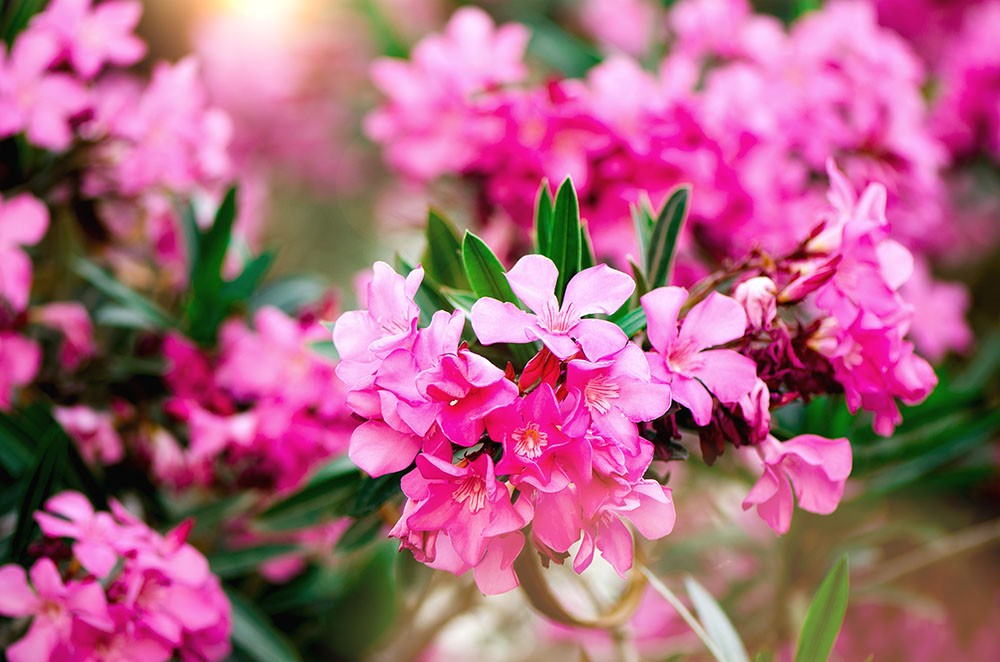
| Scientific Name: | Nerium oleander |
| Family: | Apocynaceae |
| Toxic Components: | Cardiac glycosides |
Oleanders are outdoor shrubs found in warm climates. All parts of the plant are poisonous to dogs, thanks to their naturally occurring components that affect the heart. Like with Foxglove and Milkweed, the poisons in Oleanders interfere with the heart muscle’s electrolyte balance. Signs of ingestion include abnormal heart rhythm, nausea, drooling, tremors, and seizures.
19. Dieffenbachia
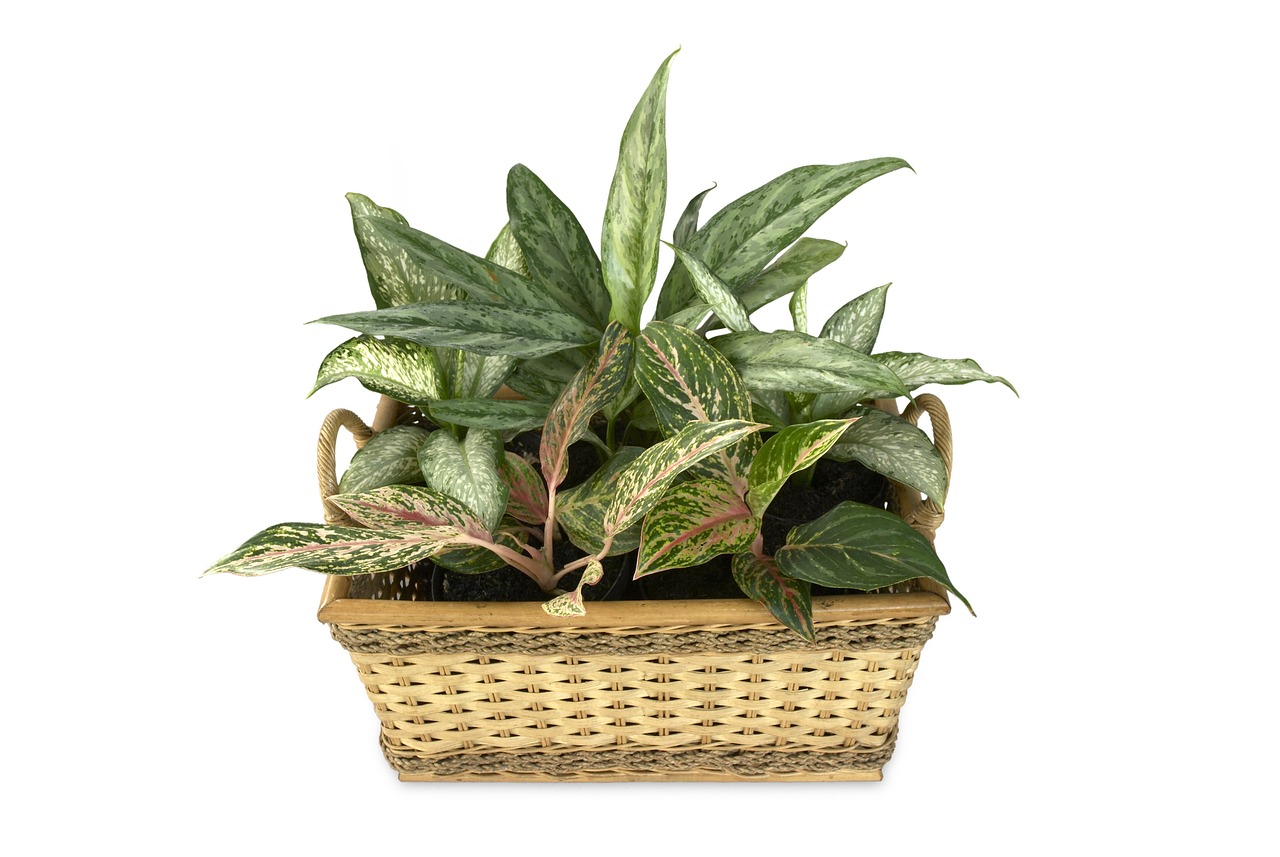
| Scientific Name: | Dieffenbachia spp. |
| Family: | Araceae |
| Toxic Components: | Insoluble calcium oxalates, proteolytic enzyme |
Dieffenbachia contains insoluble calcium oxalates like many other plants in the Araceae family. When dogs chew or bite the plant, the crystals are released, causing penetration of the tissues and mouth irritation. In rare cases, upper airway swelling may occur, making it difficult to breathe.

Conclusion
If you plan on keeping a backyard garden or growing houseplants while simultaneously raising dogs, you need to educate yourself on the most dangerous plants out there. The 19 here is just a shortlist of the many toxic plants. Be sure to check out the ASPCA or Pet Poison Helpline before buying greenery for your yard or home to ensure you’re choosing a safe, pet-friendly plant.
Featured Image Credit: Sergey Lavrentev, Shutterstock




